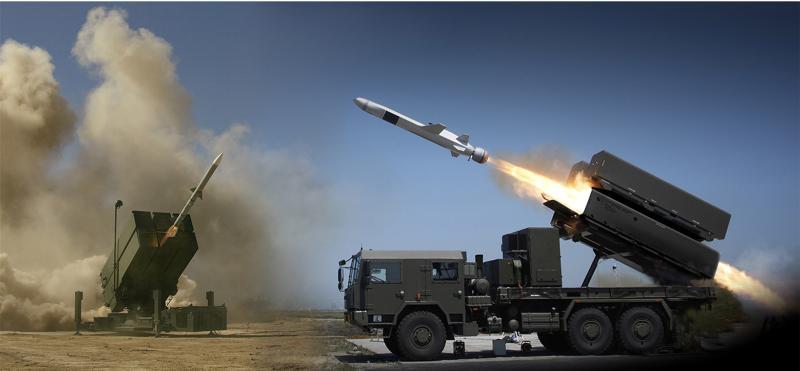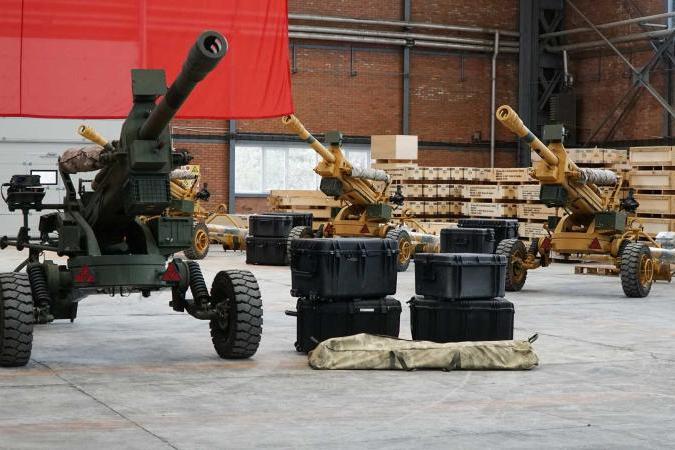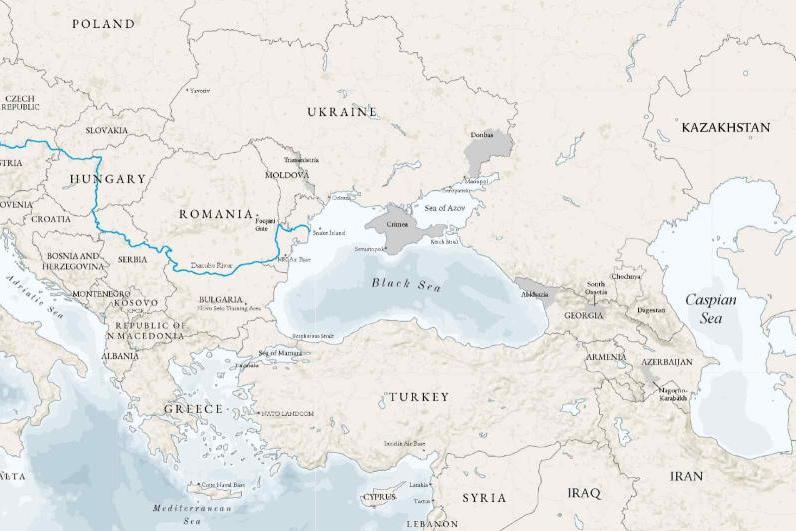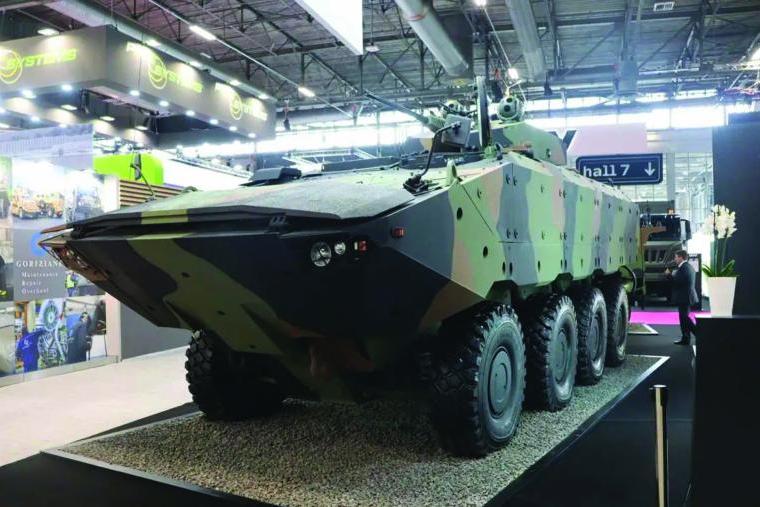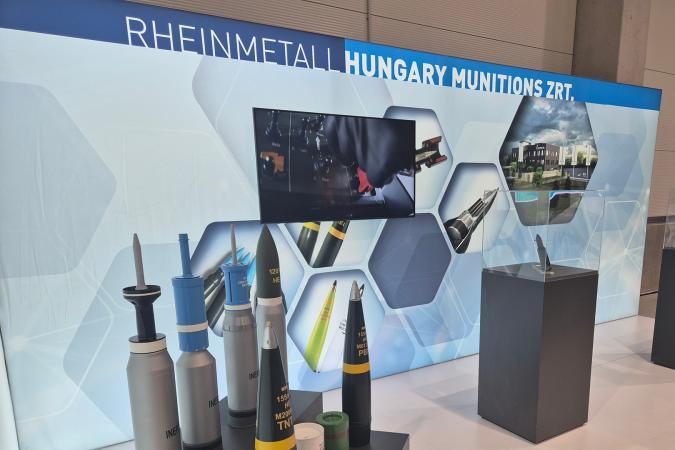Leonardo-led team wins £41M contract to digitally protect bomb disposal troops
British Army specialists called on by UK police forces to dispose of suspected bombs are getting latest-generation electronic shields
Leonardo, leading a team of small and medium-sized businesses (“Team Endure”) from across the UK, has been awarded a contract worth over £40M to equip Army personnel with digital protection against remotely-triggered bombs. The technology will be deployed when Army specialists respond to civil emergencies around the UK in support of the police and other civil authorities. The new equipment works by scanning the airwaves for remote control signals that are attempting to detonate an explosive device and jamming these transmissions using advanced new digital techniques.
The contract was placed by the Ministry of Defence’s Defence Equipment and Support (DE&S) organisation on behalf of the Army. Leonardo’s team includes innovative UK SMEs CommsAudit, Elma Electronic, Kirintec and Waymont Consulting, as well as defence experts Marshall Land Systems and training specialist EWS. Around 50% of the value of the contract will be delivered by onshore SME businesses and Leonardo has already identified potential export opportunities for the new technology.
First deliveries of the new equipment, which includes vehicle-mounted and portable modules, will take place from Autumn 2024. It will be deployed in 2025 by the British Army’s 11 EOD & Search Regiment of the Royal Logistic Corps, the specialist unit responsible for explosive device and munitions disposal.
Leonardo is acting as the systems integrator for the new equipment, a majority of which is produced by technical SME’s around the UK. This is the first application of the MOD’s Land Cyber and ElectroMagnetic Architecture (CEMA), which has been developed to specifically meet the requirements for Electronic Counter Measure (ECM) applications. This is the underpinning element for future ECM programmes and aligns with defence policy on designing systems with open architectures, to enable flexible deployment, upgrade and ‘evergreening’ of both hardware and software capabilities over the life of the system.
Under the contract, Leonardo will also provide in-service support services to the Ministry of Defence, This support is initially contracted for two years, after which there are contract options to extend.
To ensure the new capability stays relevant and to ensure long-term value for money, the hardware is futureproofed with potential for upgrade. Leonardo expects future capability to be introduced digitally via software upgrade, although the open architecture standards model does make any necessary hardware upgrades/obsolescence management simple.
Leonardo has 45 years of experience in the counter-explosives domain and has previously provided the ‘Guardian’ jamming system to the UK’s Armed Forces, protecting vehicle crews and dismounted patrols from Improvised Explosive Devices (IEDs) on operations in Iraq and Afghanistan. This new contract also draws on the company’s work in partnership with the Ministry of Defence to develop open standards such as the Land CEMA (cyber-electromagnetic activities) Architecture and OpenCPI (Open Component Portability Infrastructure) amongst others. In addition to its heritage in the domain, Leonardo has a number of former counter-terror bomb disposal experts working on the programme.


